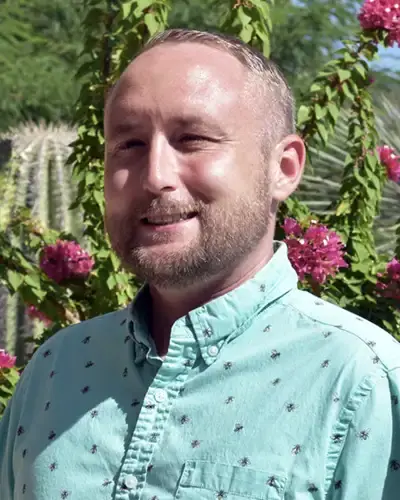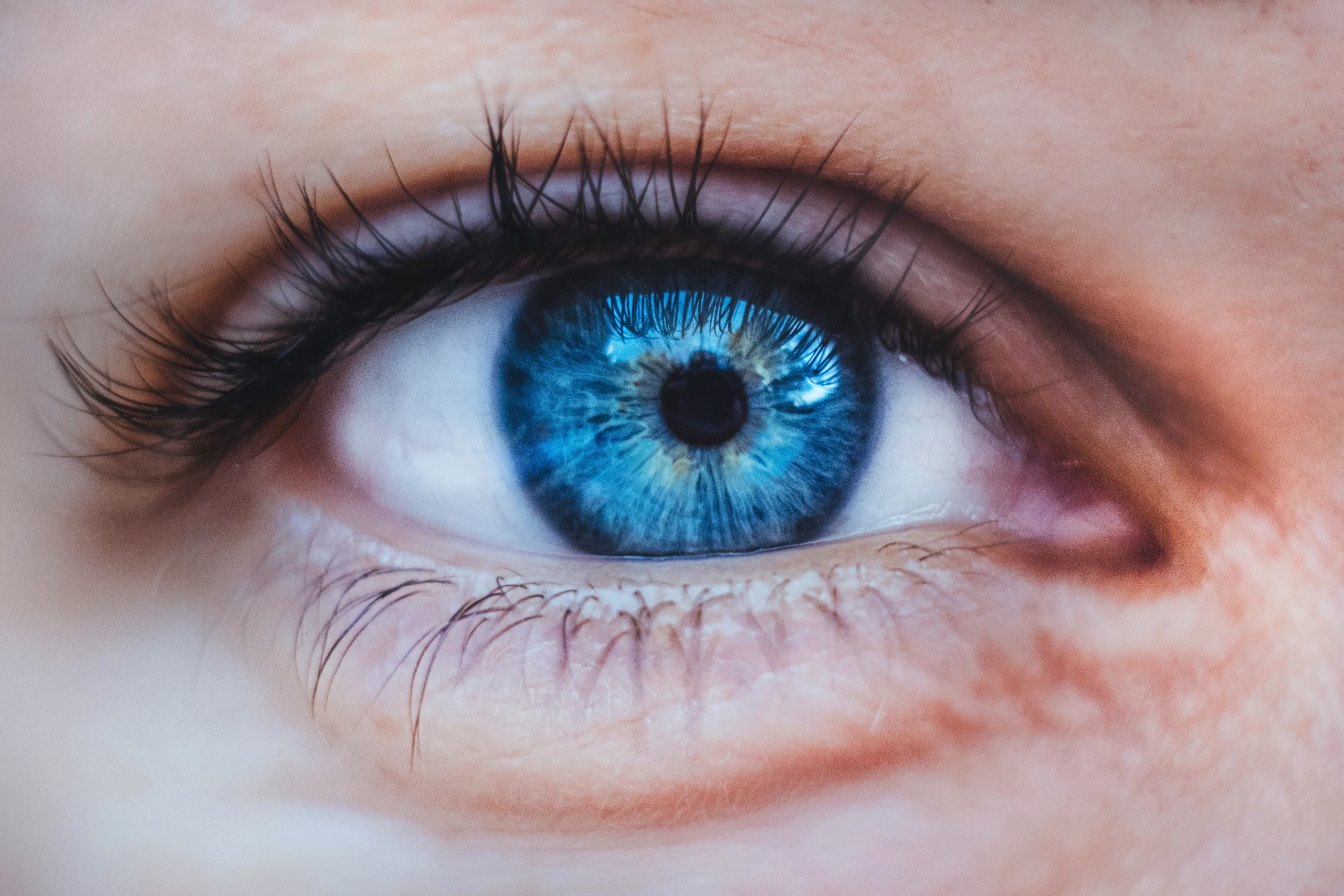Cornerstone
Meth Rehab Center
We are an Arizona drug rehab with facilities in Scottsdale and Phoenix that is ready to help you overcome addiction to meth
Get help for meth addiction at Cornerstone
We are Cornerstone Healing Center, a Scottsdale drug and alcohol treatment center specializing in meth addiction. We have six different meth rehab programs to choose from, meaning we have a treatment program that is customizable for each client.
- Residential Treatment Program
- Partial Hospitalization Program
- Intensive Outpatient Program
- Outpatient Program
- Recovery Coaching
- Sober Companions
Make no mistake; going to rehab for meth addiction can mean the difference between life and death. Meth use is increasing across the United States. It’s widely known that meth is extremely addictive, with some reporting symptoms of addiction after the first use. It’s more important now than ever to understand meth use, addiction, and meth treatment.
We can start you on a path to a new life. Call us today to learn about our treatment programs.
Addictions we treat at Cornerstone
How we treat meth addiction
Cornerstone Healing Center provides a comprehensive treatment program to help individuals struggling with meth addiction. Our program is designed to give each individual the best chance to recover successfully. We fight hard to make recovery possible for our clients.
RESIDENTIAL SUBSTANCE ABUSE TREATMENT
Our Treatments and Therapy Sessions
Treatment at our Scottsdale treatment facility includes:
- Comprehensive assessment and evaluation to determine the severity of addiction
- Individualized treatment planning based on the individual’s specific needs and goals
- Medically monitored withdrawal symptoms
- Individual, group, and family therapy
- Cognitive Behavioral Therapy (CBT) to help individuals recognize and change destructive thought patterns
- Motivational Interviewing to help individuals stay motivated to stay in recovery
- Relapse prevention
- 12-Step program participation
- Aftercare and ongoing recovery support
- Common Ground Family Reunification and Healing Day
Programs We Offer
Meet Our Clinical Team

Clinical Director of Scottsdale Program
Lionel is a Licensed Independent Substance Abuse Counselor (LISAC) with over 4 years at Cornerstone. Passionate about helping those with addiction and mental health struggles, and he has trained as an EMDR therapist, adopting a trauma-informed approach to find and treat underlying root causes with empathy.

Clinical Director of Phoenix Program
Nate began his recovery journey in 2010 and earned a Master’s in Social Work from ASU. He’s been in the Behavioral Health field since 2013. Specializing in CBT, DBT, and grief, Nate is now the Clinical Director of our Phoenix program, underlined by his passion for helping others who struggled with substance abuse issues as he did.
FAQs About Meth Addiction and treatment
Get answers to the most commonly asked questions about methaphetamine addiction.
There are several signs of meth addiction that can show if a person is on the drug or not. These signs include both physical signs and other signs, which include mood swings and other indicators.
Some of the most common indicators of meth addiction include the following:
- Thinning of the body and weight loss
- Facial acne
- Rotten teeth, also known as meth mouth
- Deteriorating skin quality
- Weakness
- Neverending itching
- Strokes
- And many more, depending on the person
The above-mentioned signs are those that can be detected through the eye; however, there are many signs that are not visible to the eye but are felt by the user.
These signs of Meth Use include:
- Increased sex drive
- High body temperature
- Liver damage
- Increased vulnerability to infections
- Deteriorating Immunity
- Hallucinations
- Paranoia
- Mood swings
- Insomnia
- A feeling of perpetual confusion
- Jerkiness
- And many more
These are only a few signs of meth abuse; however, the people who use meth for longer periods are even at the risk of sudden death.
Professionals can only diagnose mental health disorders. An in-depth understanding of co-occurring diseases’ signs and symptoms might be complex for friends and family. However, specific symptoms of substance use disorder are easily noticeable and should be considered a warning sign. These include;
- They are isolating themselves from friends and family.
- Abrupt changes in their behavior, such as being more irritated, less patient, and angrier.
- They are facing difficulties in fulfilling everyday tasks.
- They indulge in risky behavior such as driving under the influence, changing social groups, or changing partners.
- They no longer focus on their health or hygiene.
- They lose control over their use of substances.
- They have a high tolerance for substance usage.
- They are showing signs of withdrawal.
These warning signs can be an excellent indicator for friends and family to get their loved ones to help with co-occurring disorders.
The most commonly occurring disorders along with substance use are depression, anxiety, bipolar disorder, post-traumatic stress disorder, and personality disorders.
Some general signs of co-occurring disorders to look out for include;
- An increase or decrease in their eating and sleeping routines.
- They lack interest in hobbies that they once adored.
- They have increased emotional reactivity.
- They show fear without reason.
- They are having difficulty concentrating or thinking.
- They are more irritable and tend to get angry quickly.
- They are no longer giving importance to cleanliness or health.
- They are complaining about body pains without genuine cause.
- They seem to have lost touch with reality and are acting paranoid. They might also be experiencing hallucinations or delusions, which they explain to you as life events.
If you ever notice your loved ones showing signs of suicidal ideation, seeming distant and lost in thought, or confused about daily matters, consider reaching out to Cornerstone Healing Center to ensure that their disorders are diagnosed and treated effectively.
Methamphetamine, being one of the most potent synthetic drugs, is also linked to severe withdrawal symptoms. People who are looking to quit meth experience symptoms divided into two phases.
The first phase lasts for the first 24 hours of meth withdrawal. This phase is the most intense and can cause a lot of problems. Some of the symptoms that a person might experience during the first phase include severe meth cravings, fatigue, sleeplessness, anxiety, depression, and an increased appetite, among several other symptoms.
The second phase of meth withdrawal is less intense than the first and can last for almost a month. Increased appetite, anxiety, depression, and meth cravings are some of the symptoms associated with the second phase of meth withdrawal. It’s important to always remember that these are temporary.
The duration and severity of these withdrawal symptoms vary depending on the time of use. People who have used the drug for a long time might experience more severe withdrawal symptoms for longer periods.
Still have questions about treatment?
Our admissions specialists are here to explain the process, answer any questions you may have, and ensure you’re getting the help you need to live a healthy life free from addiction.





























